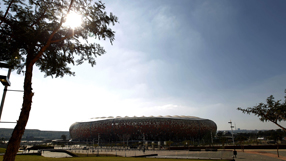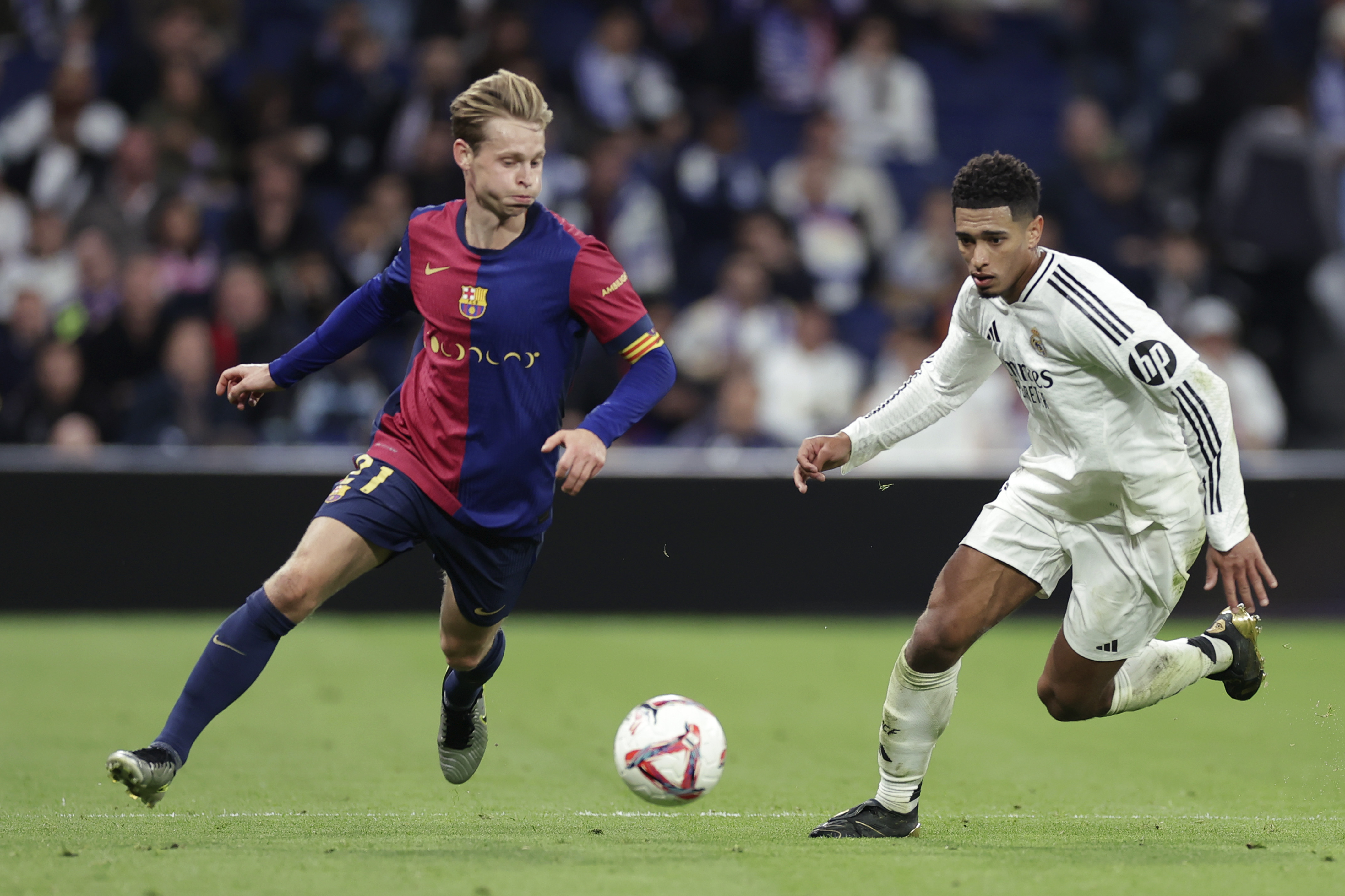Winter tournament takes heat off Europeans
CAPE TOWN - When Italy's Roberto Baggio wearily blasted his penalty over the bar to hand the 1994 World Cup to Brazil it was not that surprising given he had just spent two hours in boiling temperatures of over 40 degrees.

To suit European TV audiences, FIFA deemed it sensible to start the final at 12.30pm, just as the Californian sun was burning most fiercely, and the result was a showpiece game lacking not only goals but almost any signs of energy.
Italy suffered similarly to the same opponents in the noon kick-off for the 1970 final in the cauldron of Mexico City when they wilted in the second half and were torn apart by a Brazilian team who had spent a lifetime mastering the art of playing in the sun.
The paradox of the World Cup is that generally, for a sport designed to be played in winter conditions, its greatest tournament takes place in the heat of the summer.
This year, however, for the first time since Argentina hosted in 1978, the "summer" extravaganza is taking place in the southern hemisphere in winter.
Average temperatures in Johannesburg in June and July are around 17 degrees Celsius (64 Fahrenheit) and considerably lower in the evening when many matches, including the final, will be played.
Cape Town and most of the other venues also feel the chill with only balmy Durban bucking the trend.
While altitude is likely to have some impact on the pace of some games, the cooler temperatures should be a huge help to the European teams who traditionally fade in the heat.
Get FourFourTwo Newsletter
The best features, fun and footballing quizzes, straight to your inbox every week.
England, in particular, have never adapted well to summer football. Their traditional approach of harassing opponents at every opportunity while pouring forward at full pace just cannot be sustained in such conditions.
Every four years the kit manufacturers produced what they claimed was a lighter, more moisture-efficient shirt while rehydration strategies, formerly based around a cup of tea and slice of orange at half time, developed into the science of balanced electrolyte and mineral replacement.
England players who had built their entire careers on rampaging around the pitch suddenly had to learn how to conserve energy, play in bursts and, holy of holies, actually walk sometimes.
None of it really worked, with a prime example being their 2002 quarter-final defeat by 10-man Brazil when they barely managed to build an attack in the last half-hour.
Other European teams, notably Germany, have managed to adapt their game well but even they sometimes struggled when the temperature rose.
"The conditions will undoubtedly help the northern European teams who are used to cold and wet and do not like the heat," Andy Lane, a sports psychologist from the University of Wolverhampton told Reuters.
"Most of them have made their training bases at altitude so they should be able to deal better with that issue so they will definitely enjoy playing in temperatures they are used to and will not have to worry about adapting their natural game."
British bookmakers William Hill agree.
"I'm sure punters are taking the conditions into account and maybe that's why we are getting more money than ever on England," spokesman Graeme Sharpe told Reuters.
"But the altitude factor could cancel out the benefit o
